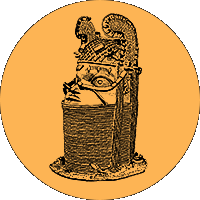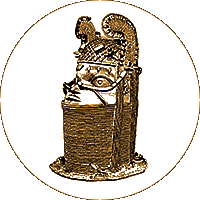OUR Executive
As stipulated by our constitution, AFSAAP is led by an executive committee. Each executive member stands for re-election at the Annual General Meeting, usually held at the time of the annual conference.
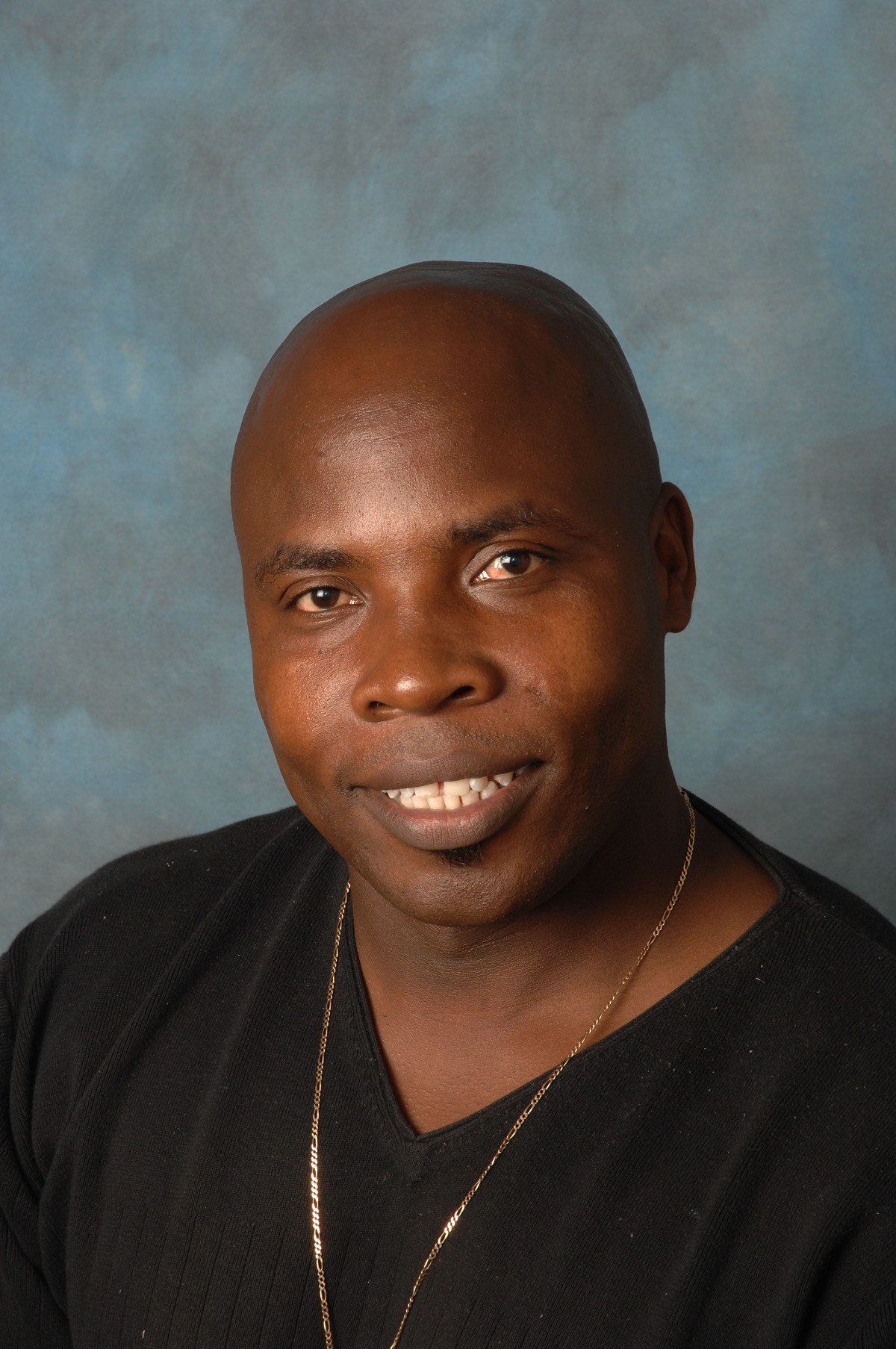
Andre Renzaho
President
Distinguished Professor Andre Renzaho held a prestigious ARC future fellowship between 2013 and 2017 and is a Professor of Humanitarian and Development Studies, Western Sydney University. He joined the university in 2015 and prior to that he was the Director of Migration, Social Disadvantage, and Health Programs within the Global Society Unit at Monash University. With a background in Global Health and International Development, he has professional experience in complex humanitarian emergencies and development practice, global health, nutrition epidemiology, and migration and health equity. From 2003 to 2006, he was a Senior Program Quality Advisor with World Vision Australia, overseeing the evaluation of more than 40 AusAID NGO Cooperation Programs, covering Sub-Saharan Africa, Eastern Europe, the Middle East, Latin America, the Pacific, and Asia; and acted as the Technical Director of the Impact Assessment of Australian Aid for the Bougainville Infrastructure in Papua New Guinea. He has worked with a number of United Nations agencies and international non-government organisations including working with Care Australia, Concern Worldwide, Médecins Sans Frontières, the United Nations High Commission for Refugees, and the United Nations Children’s Fund. Distinguished Professor Renzaho has also undertaken consultancy work for State and Commonwealth Governments in Australia and overseas. He has published more than 430 papers and attracted more than $14.13 million in national and international competitive grants.
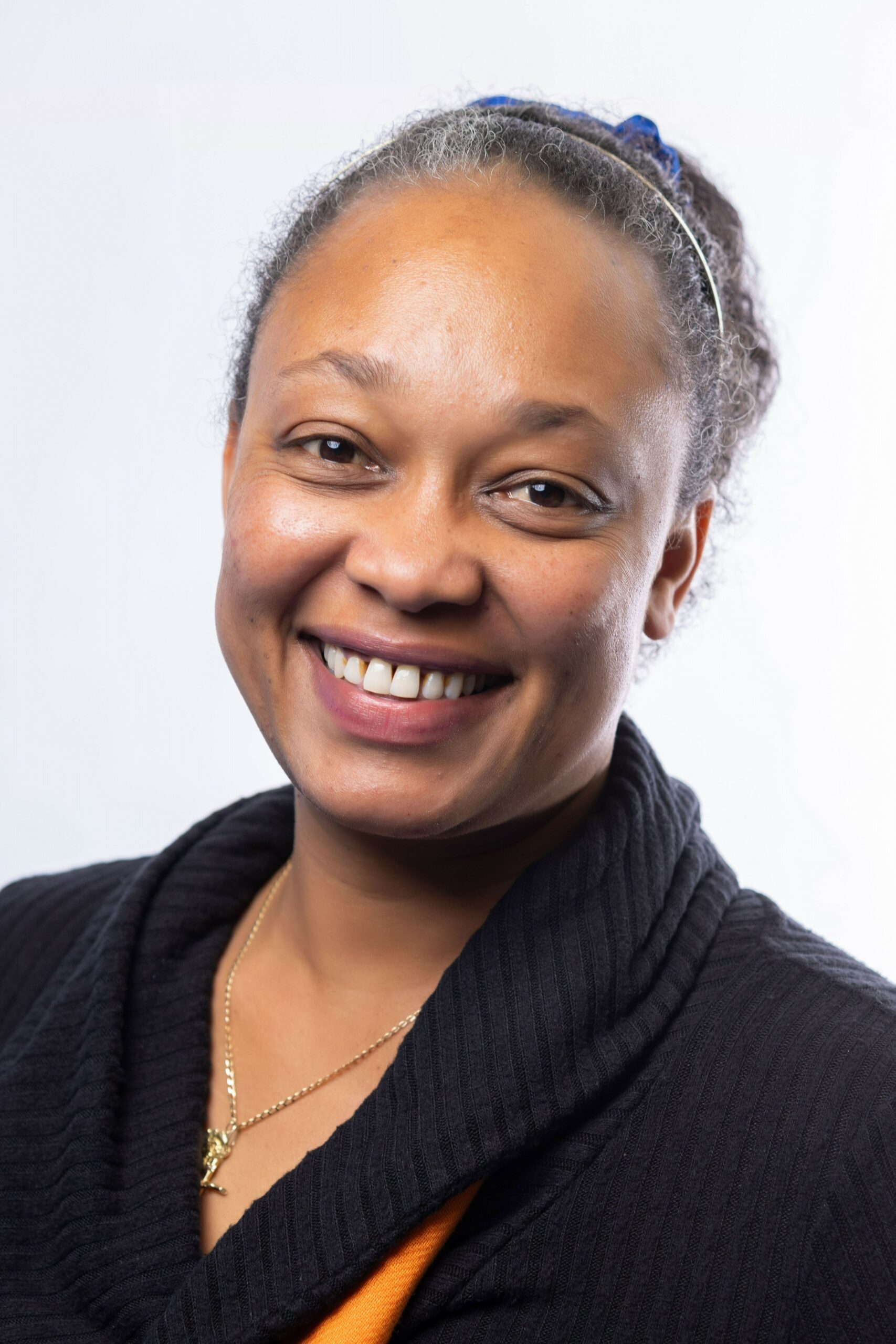
Valentine Mukuria
Vice President
Dr Valentine Mukuria is the Campus Dean at the Australian Catholic University in Blacktown. Valentine holds a doctorate in Educational Policy and Leadership from the Ohio State University (USA), a Master’s degree in International Business Administration from Alliant International University (San Diego, California) and Bachelor’s degree in International Business Administration (Nairobi, Kenya). Valentine’s expertise is in university-community engagement and has worked extensively in designing and delivering service-learning curriculum in higher education institutions in Australia, USA, Canada, and Kenya. Valentine is currently undertaking research on the role of universities in addressing the protracted refugee situation in Kenya.
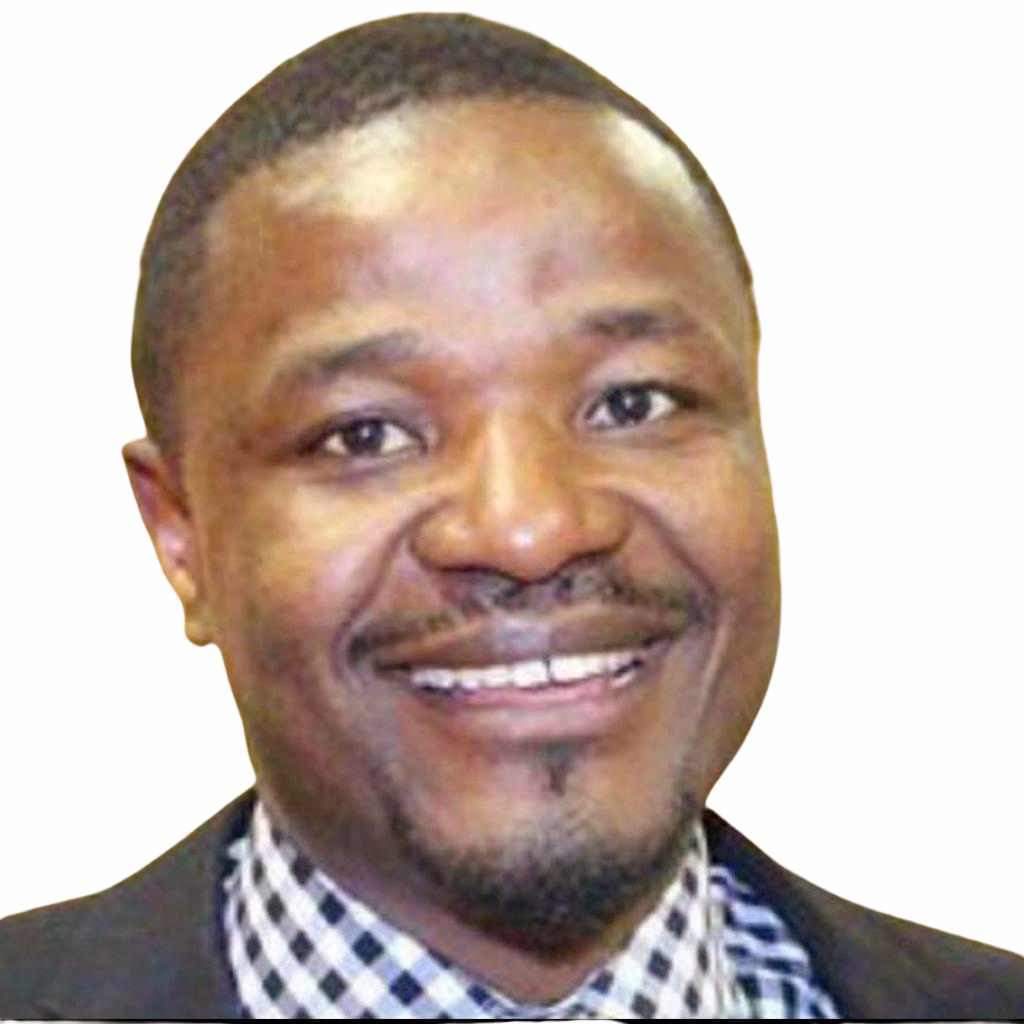
Samuel Sakama
Treasurer
Samuel Sakama is a Lawyer and a PhD Candidate at the University of Canberra, Australia. His research focuses on the deportation of young people of African heritage who are non-citizens from Australia and the impacts of deportation on African families. Samuel has over 25 years of experience working in international development, community development and public service in Guinea, Liberia and Australia. His expertise includes training and development, resource management, risk management, compliance, project management, policy, case management, research and stakeholder engagement.
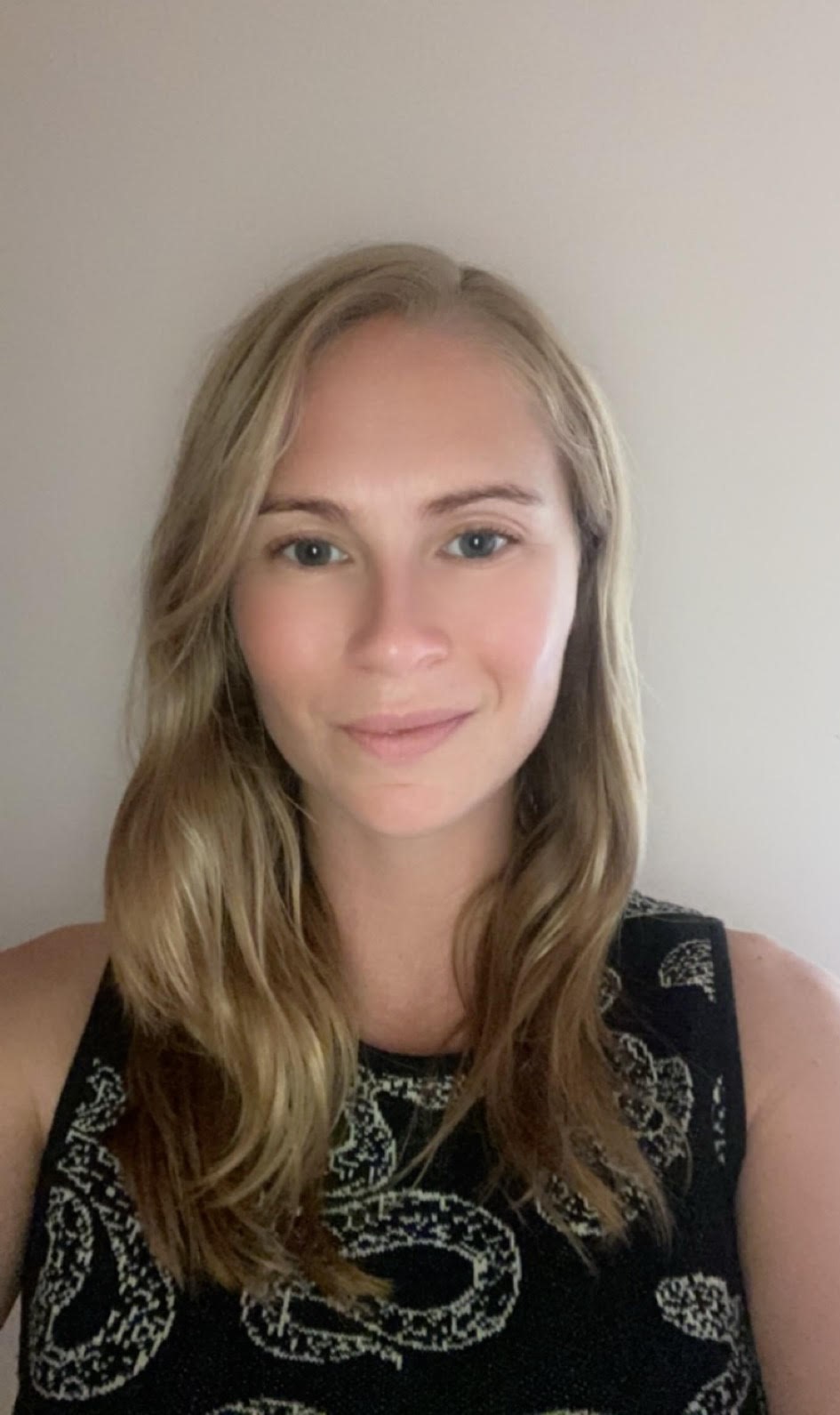
Leighann Spencer
Secretary
Leighann is a criminology academic who specialises in state and non-state security actors, avenues for justice, identity, and human rights. She has practiced research and advocacy on these topics in sub-Saharan Africa, the Middle East, and Australia. She currently teaches at La Trobe University and the University of Melbourne, and has previously worked with human rights organisations in Cape Town and Brussels.
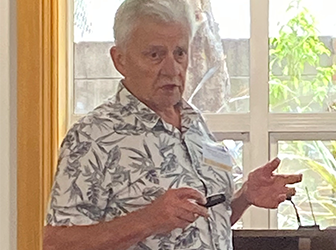
Geoffrey Hawker PhD
ARAS Editor
Geoffrey has been an active member of AfSAAP for more than twenty years. He traveled to Africa first in 1985 and has been engaged since in research and teaching about African issues, and in advocacy to business and public inquiries ever since.

Fenix Ndhlovu PhD
ARAS Associate Editor
Associate Professor Finex Ndhlovu is South African by heritage, Zimbabwean by birth and Australian by choice. His research interests sit at the cutting edge of contemporary linguistic and socio-cultural theories around language, identity and sociality in relation to transnational African migrant and diaspora communities; educational linguistics; epistemologies of the South, Indigenous traditions of knowing and decolonial theories.
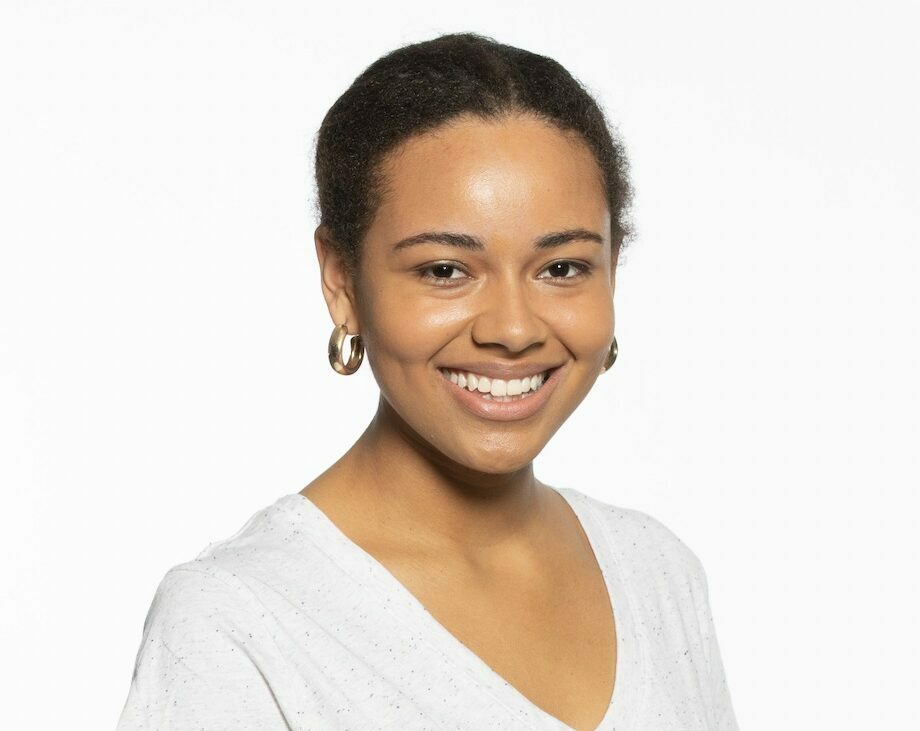
Adjoa Assan LLB
Postgraduate Representative
Adjoa Assan is a graduate of the Bachelor of International Studies/Laws (Honours I) and Bachelor of Applied Leadership and Critical Thinking at Western Sydney University. She founded the first Africa-focused student society at Western Sydney University, the African-Australian Youth Collective. Adjoa’s research interests relate to Sub-Saharan Africa, with a personal interest in Ghana, and cover international criminal law, decolonial thinking and socio-cultural, legal and political issues in the region.
Our Mission
The African Studies Association of Australasia and the Pacific (AFSAAP) is a national network of academics, students, consultants, activists, diplomats, artists, community leaders, and others who share a mutual interest in the promotion of African Studies in Australasia and the Pacific region.
AFSAAP was founded in 1978 with the following specific goals that continue to the present:
- to promote research and teaching of African Studies in Australia and the Pacific.
- to facilitate contact among scholars and students in the field of African Studies through conferences, regional meetings, and publications.
- to coordinate African Studies programs and the acquisition of African materials by Australian and Pacific libraries.
- to serve as the professional body representing Africanists’ interests to governments and the community.
- to contribute towards an understanding of Africa in the community at large.
- to establish contact with African universities and scholars, other overseas scholars and African Studies associations, and to promote interchanges with them.
- and to publish, distribute and sell the bi-annual peer-reviewed journal “The Australasian Review of African Studies” and other occasional publications.
Our Vision
Download PDF – AFSAAP Constitution updated 26 Nov 2014
Ratified at the Annual General Meeting held on 15 November 1979.
Amended at the Annual General Meetings held on 29 September 1995, 4 October 2002, 2 October 2009, 2 December 2011, 29 November 2013 and 26 November 2014.
The title of the Association shall be the African Studies Association of Australasia and The Pacific (AFSAAP).
The purposes of the Association shall be: to promote research and teaching of African Studies in Australia and The Pacific; to facilitate contact among scholars and students in the field of African Studies through conferences, regional meetings and publications; to coordinate African Studies programs and the acquisition of African materials by Australian and Pacific libraries; to contribute towards an understanding of Africa in the community at large; to serve as the professional body representing Africanist interests to governments and the community; and to establish contact with African universities and scholars, other overseas scholars and African Studies associations, and to promote interchanges between them.
Membership of the Association shall be open to all individuals or institutions / organisations interested in African Studies. There shall be five categories of members: regular members; organisational members; student members (the subscriptions for whom shall be lower than for full members); pensioners and concession card holders (the subscriptions for whom shall be lower than for full members); and honorary life members. Members of the association shall pay an annual subscription rate to be determined by the General Meeting.
The officers of the Association shall be a President, a Vice-President, a Secretary, a Treasurer, a Journal Editor and a Postgraduate Representative. Those elected will preferably reside in Australasia and the Pacific.
The Executive Committee shall conduct all business of the Association between General Meetings. It shall consist of the Officers and Ordinary Members (and other paid-up members of the Association). The members of the Executive Committee shall be nominated and elected at the General Meeting and shall include adequate regional representation. Three members of the Executive Committee, including at least one officer, shall constitute a quorum.
A General Meeting of the Association shall be held at the time of the conference to discuss the affairs of the Association, all resolutions to be by a majority of members present, and voting to be binding on the officers and Executive Committee of the Association. The General Meeting shall also set the time and place of the next General Meeting and Conference, normally held annually but not less than biennially; nominate and elect the Officer and Executive Committee members to serve until the next General Meeting and Conference; and set the membership fees until the next General Meeting.
A bank account in the name of the Association shall be established, all cheques, including Electronic Funds Transfers, drawn by the Association are to be approved by two Executive Officers, the Treasurer and President or the Treasurer and one other Executive Officer. Once approval is documented, Cheques and Electronic Funds Transfers can be signed singly by either,
- the Treasurer or
- the President
The assets and income of the organisation shall be applied solely in furtherance of the above and no portion shall be distributed directly or indirectly to the members of the organisation except as bona fide compensation for services rendered or expenses incurred on behalf of the organisation.
In the event of the organisation being dissolved, the amount that remains after such dissolution and the satisfaction of all debts and liabilities shall be transferred to another organisation with similar purposes which is not carried on for the profit or gain of its individual members.
This constitution may be amended by a majority vote of those members present and voting at the General Meeting or by a majority of all members in a postal or online ballot, 21 days notice of the proposed amendment having been sent to all members.
OUR PAST PRESIDENTS
- PETER LIMB, MICHIGAN STATE UNIVERSITY, 2018-2019
- TANYA LYONS, FLINDERS UNIVERSITY,2012 – 2017
- FERNANDA CLAUDIO, UNIVERSITY OF QUEENSLAND,2010 – 2011
- DAVID LUCAS, AUSTRALIAN NATIONAL UNIVERSITY,2009
- GEOFFREY HAWKER, MACQUARIE UNIVERSITY,2007 – 2008
- DERYCK SCHREUDER, MACQUARIE UNIVERSITY,2003 – 2006
- PAL AHLUWALIA, UNIVERSITY OF ADELAIDE,2000 – 2002
- PAUL NURSEY-BRAY, UNIVERSITY OF ADELAIDE,1995 – 1997
- PETER ALEXANDER, UNIVERSITY OF NEW SOUTH WALES,1993 – 1994
- DERYCK SCHREUDER, UNIVERSITY OF SYDNEY / MACQUARIE UNIVERSITY,1991 – 1992
- NORMAN ETHERINGTON, UNIVERSITY OF WESTERN AUSTRALIA,1987 – 1988
- CHERRY GERTZEL, A.M FLINDERS UNIVERSITY,1982 – 1986
- ANTHONY LOW, AUSTRALIAN NATIONAL UNIVERSITY,1978 – 1981
